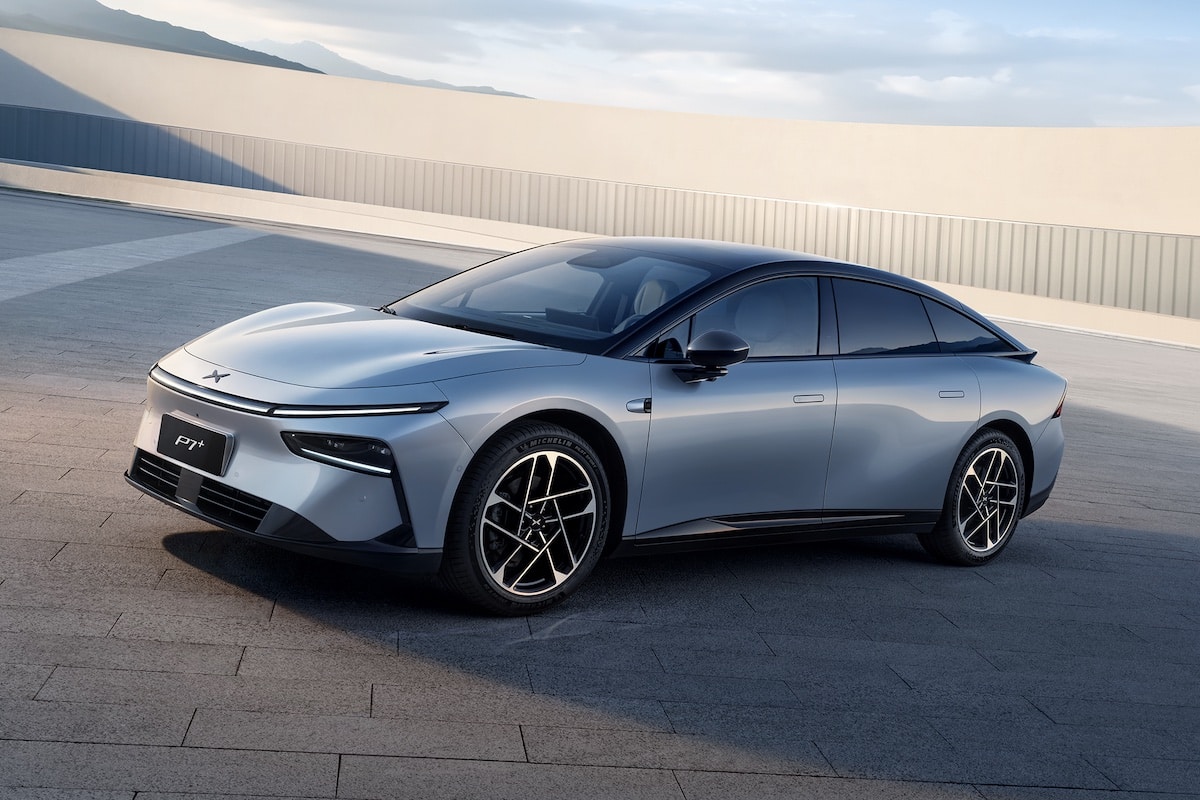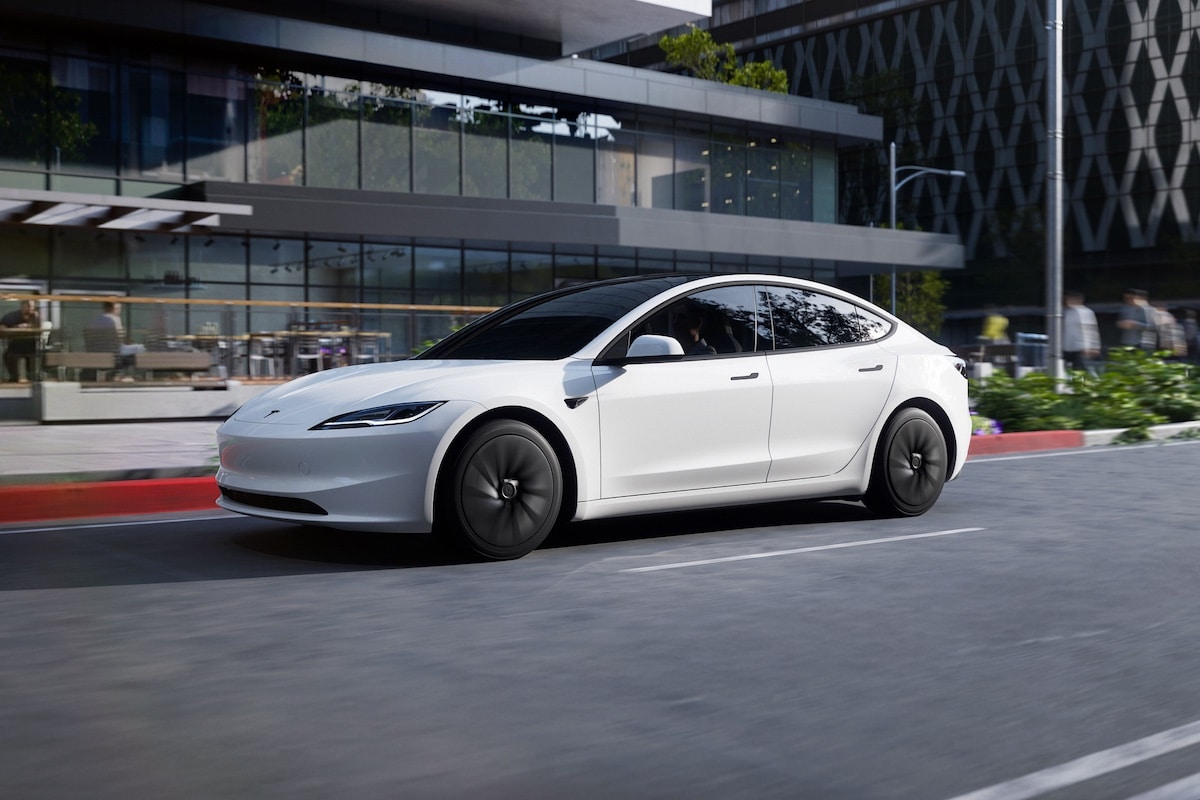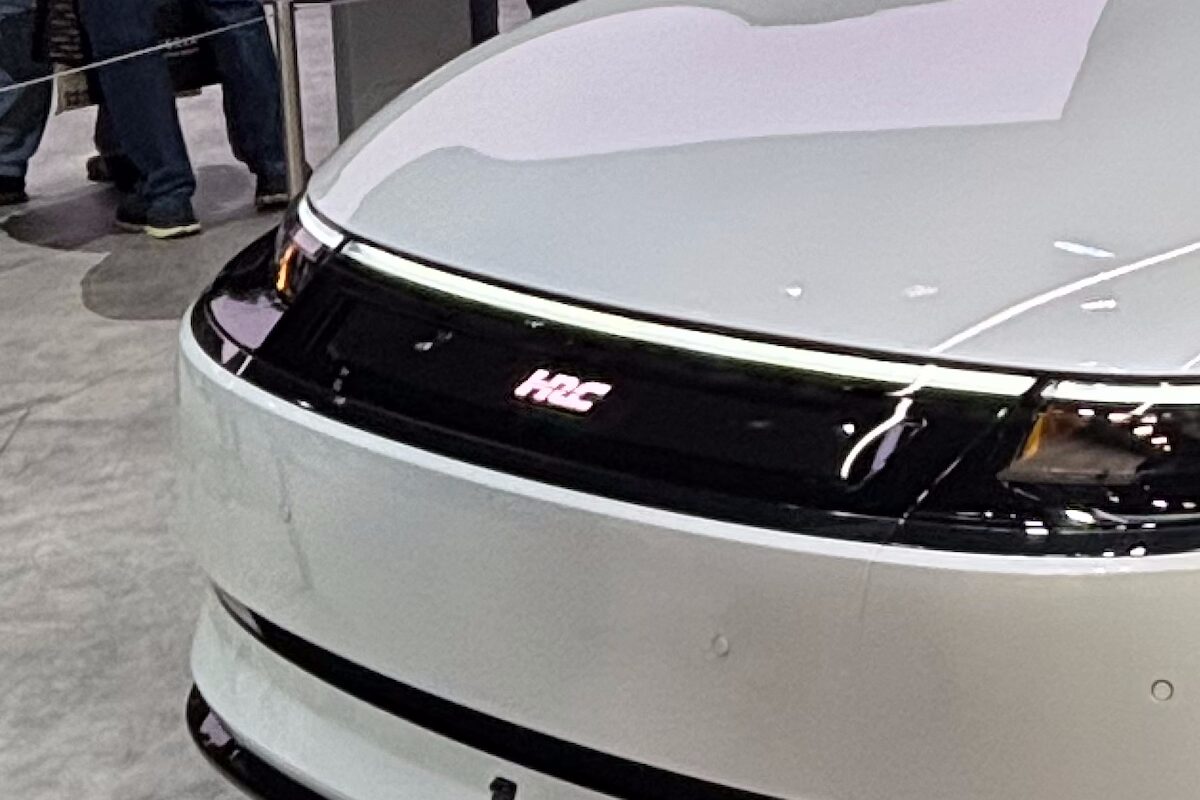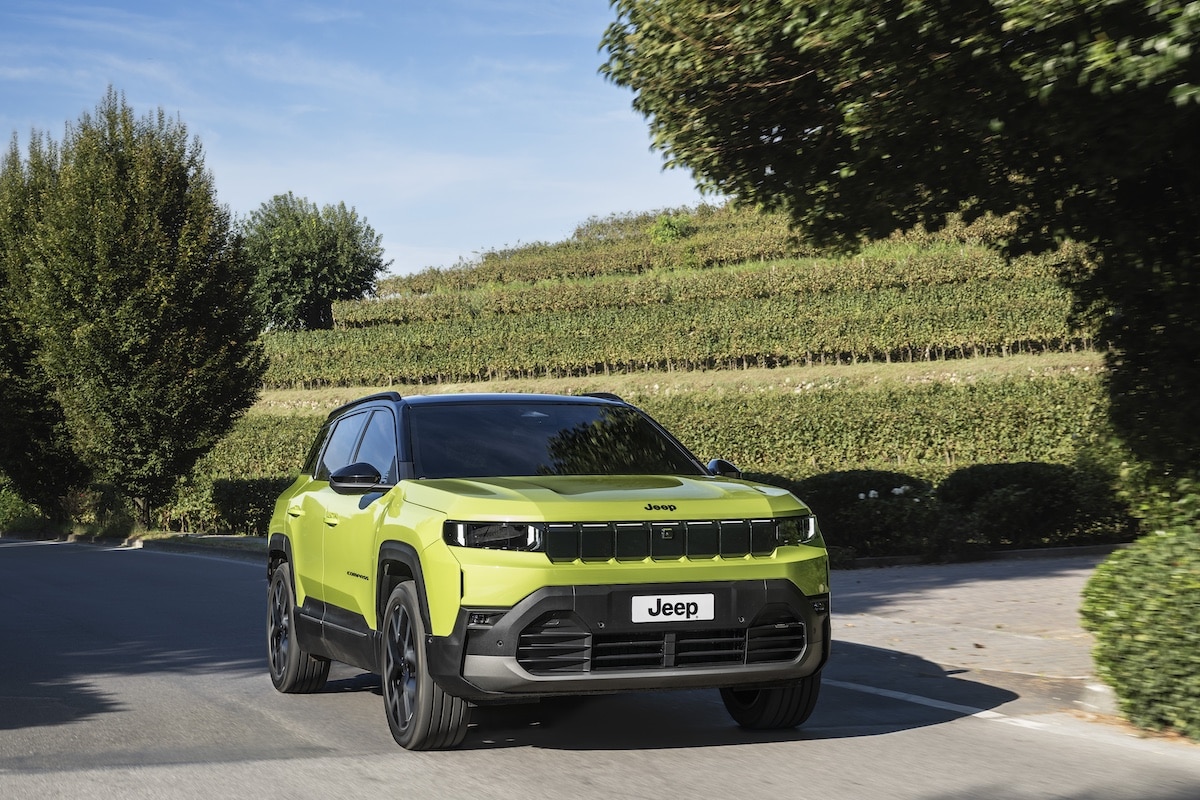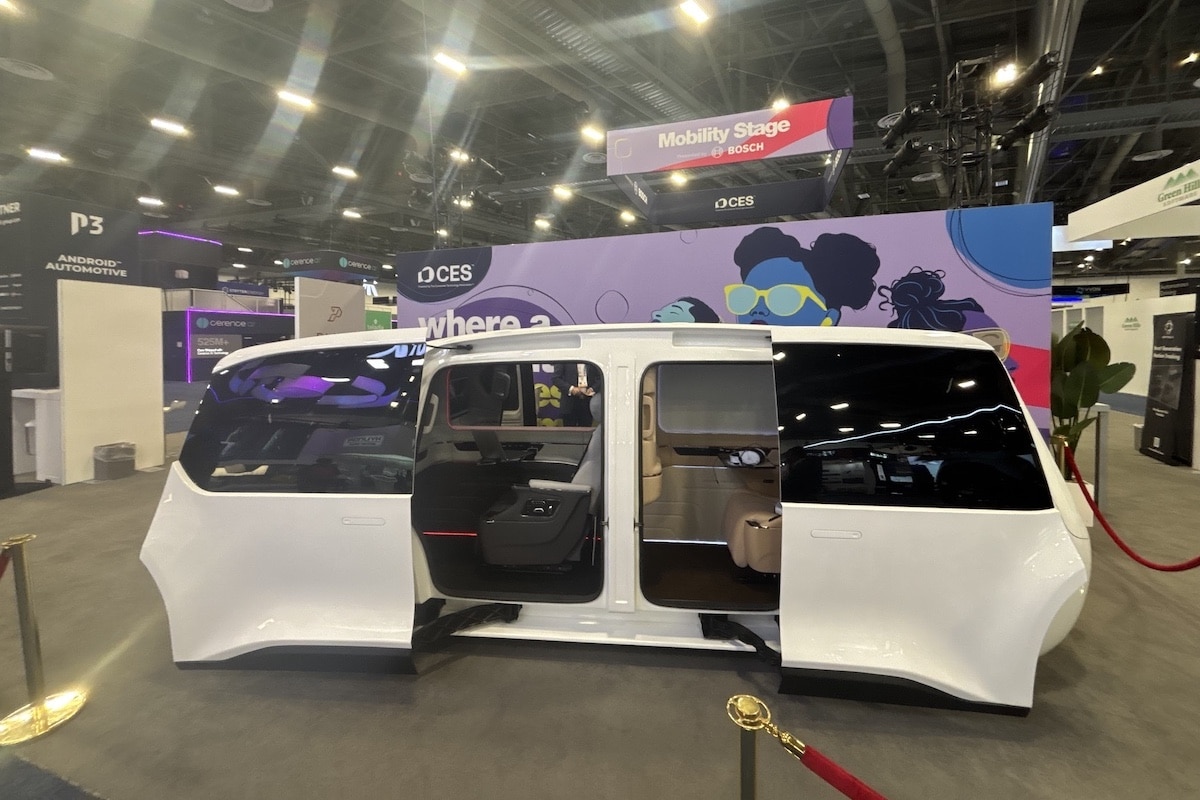Can the Volkswagen ID.1 replicate the miracle of the Beetle?
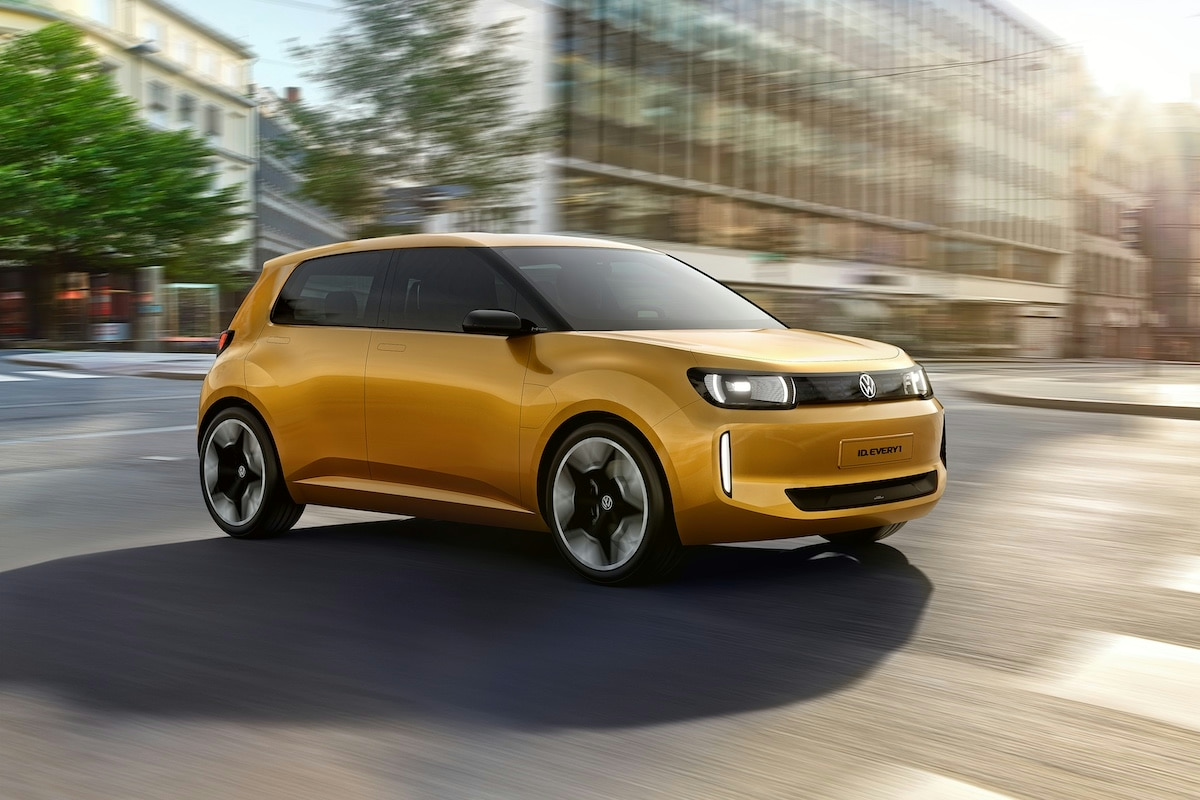
With its Volkswagen ID. Every1 concept at an affordable price, Volkswagen claims to be delivering the new people’s car. Really?
With the announcement of the ID. Every1, likely renamed ID.1 at launch, an affordable electric car costing €20,000, Volkswagen rekindles hope of reconnecting with the popular success of the Beetle, a true symbol of accessible mobility in the 20th century. But can it truly be the modern people’s car, or has Volkswagen gotten a bit carried away with its ambitions?
In a context where entry-level electric cars struggle to establish themselves, the ID. Every1 aims to disrupt the market. Scheduled for launch in 2027, this model will complete Volkswagen’s urban electric lineup, which already includes the ID.2 expected to cost €25,000. Volkswagen thus asserts its intention to fulfill the promise of a genuine people’s car with this new model, suited to modern needs. But the challenge is significant: facing fierce competition from Chinese manufacturers and unmet promises from leaders like Tesla. Positioning itself below current models, Volkswagen hopes to capture a broad audience seeking an affordable and eco-friendly solution.
A promising concept but inevitable compromises
At first glance, the ID. Every1 ticks several boxes: a compact and attractive design, a modular architecture, and a modern technological interface. It will offer an estimated range of 250 km, sufficient for urban trips, though far from high-end standards. However, its modest performance with 94 horsepower and a maximum speed of 130 km/h, along with limited space, could deter some buyers.
Volkswagen relies on practical innovations, such as a configurable central console and adaptable accessories. However, questions remain about software quality, following past issues with bugs on previous electric models.
The Beetle, with over 21.5 million units sold over its seven decades of production, revolutionized mobility through its accessibility, technical ingenuity, and timeless elegance. However, it seems unlikely that the ID. Every1, despite its qualities, will replicate such success. Market stakes and expectations have evolved. Today, climate urgency and economic constraints redefine what is expected. A modern people’s car must be eco-friendly, affordable, but also versatile enough to meet various needs.
The success of the ID. Every1 will depend on several factors: its ability to meet deadlines, its competitiveness against Chinese models, and its real-world performance. Volkswagen will also need to reassure consumers about its reliability and after-sales service, particularly regarding software updates.
In conclusion, hoping to replicate the success of the Beetle seems, of course, illusory. Volkswagen may have gotten carried away with its ambitions, but this small electric car might find its audience… if it doesn’t arrive too late.
READ ALSO: Here is the charming but somewhat dull Volkswagen at a low price
This page is translated from the original post "La Volkswagen ID.1 peut-elle reproduire le miracle de la Coccinelle ?" in French.
We also suggestthese articles:
Also read
